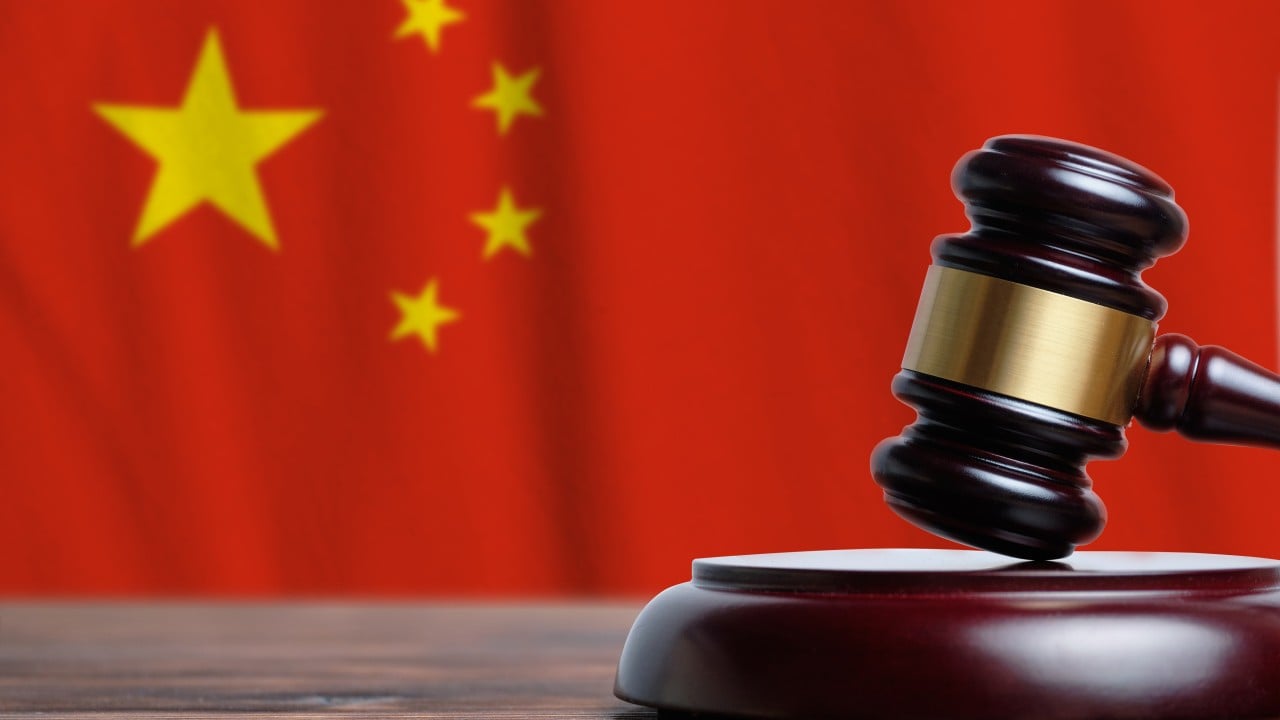China’s financial sector has undergone profound changes, marked by intensified anti-corruption efforts, as the industry takes on the critical task of preventing risks and propping up the country’s real economy.
Advertisement
The heightened scrutiny is part of the broader transformation that the sector has seen in recent years, along with shrinking profitability and widespread pay cuts, amid mounting economic challenges from slumping stock and property markets.
Around 90 financial-industry executives have been investigated so far this year, with 70 per cent of the cases involving the banking system, according to the Central Commission for Discipline Inspection (CCDI), China’s top anti-corruption agency.
This is slightly down from last year, when more than 100 financial cadres or executives were placed under investigation, with a similar proportion of about 70 per cent coming from the banking system.
Among those investigated this year were three high-level officials directly managed by the central government, among which Zhang Gengsheng, a former vice-president of state-owned China Construction Bank, was the latest to fall.
Advertisement
The CCDI said last month that Zhang was under investigation for “serious violations of party discipline and the law”, a common euphemism for corruption.
Lou Wenlong, a former vice-president of the Agricultural Bank of China, was reportedly arrested earlier this month on bribery charges, after the CCDI announced an investigation into him in May.

